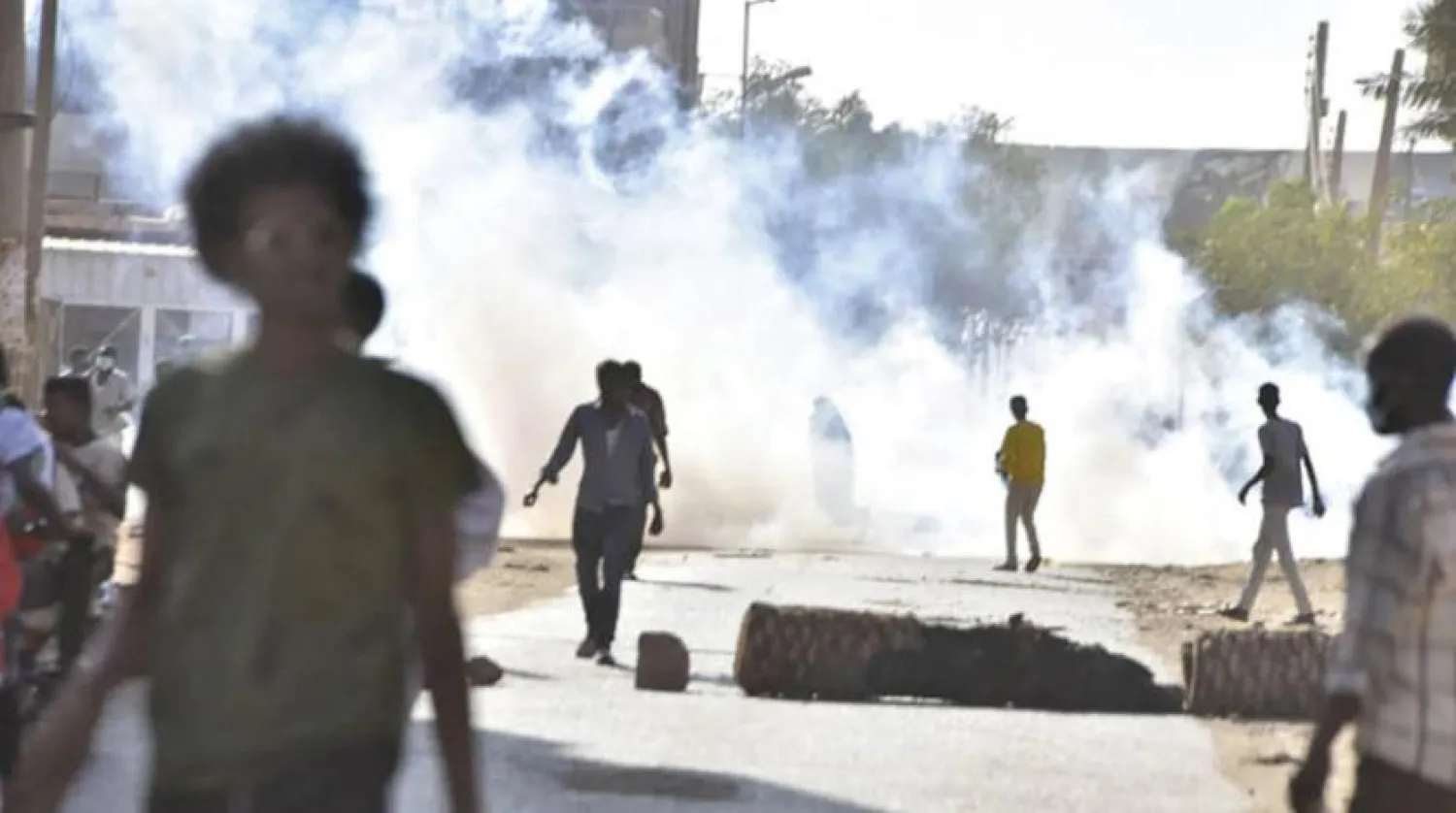The African Union (AU) urged the leaders of the Sudanese army to take immediate steps to restore the constitutional order in the country.
The Chairperson of the AU, Moussa Faki Mahamat, confirmed in a statement that he continues to follow up on political developments in Sudan since the military coup on October 25, especially after the army announced earlier this week the formation of a new Sovereign Council.
The Chairperson renewed his call to the military authorities in Sudan to engage without further delay in a political process that leads to the return of constitutional order following the Constitutional Document and the Juba Peace Agreement.
Mahamat will send an envoy to Sudan soon, in response to the request of the Peace and Security Council, to encourage the parties to reach a political solution urgently.
The Union suspended Sudan's participation in its activities against the background of the recent military coup.
Last week, Sudan's top chief Abdel Fattah al-Burhan unilaterally formed a new Sovereign Council of 14 members, which held its first meeting with all its members on Sunday.
Burhan welcomed the new members and promised a new vision that would achieve the goals of the December revolution.
He added that the members pledged to provide an ideal model in managing the country's affairs to satisfy the Sudanese people. He also vowed to form a civilian government in the next few days.
Meanwhile, Malik Agar, leader of Sudan People's Liberation Movement-North, described the measures taken since October 25 as a "military coup." In a video circulated on social media, he indicated that the army has full power, but the coup faces many challenges, namely handling the peaceful protests.
Furthermore, the Central Doctors Committee announced that six people were killed by the army during the demonstrations Saturday.









